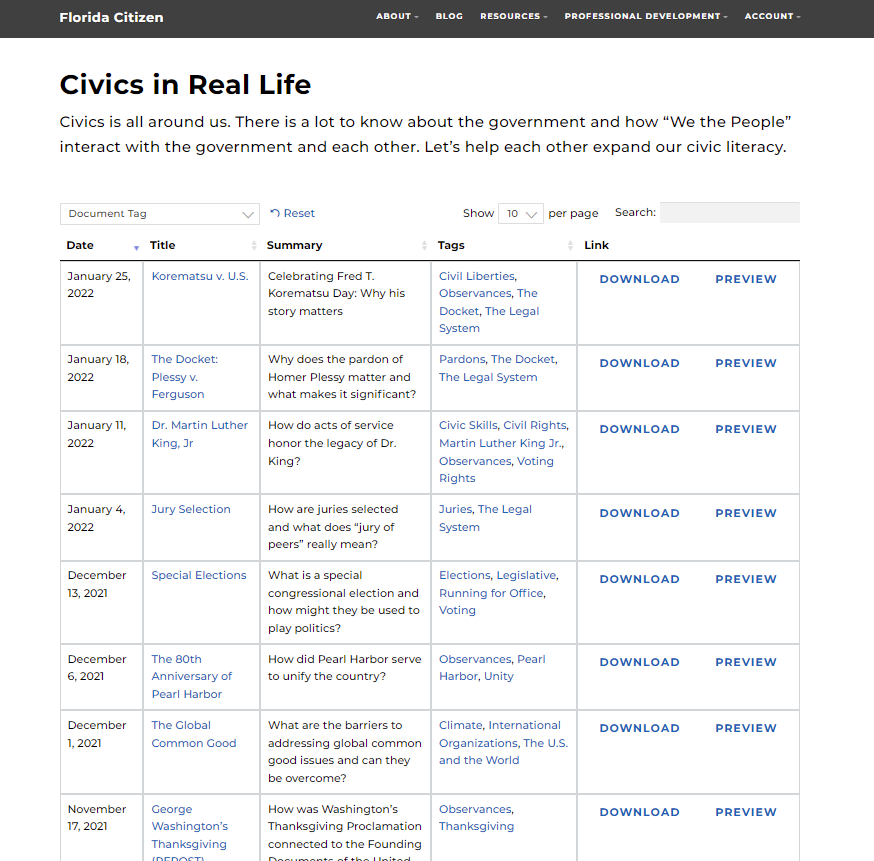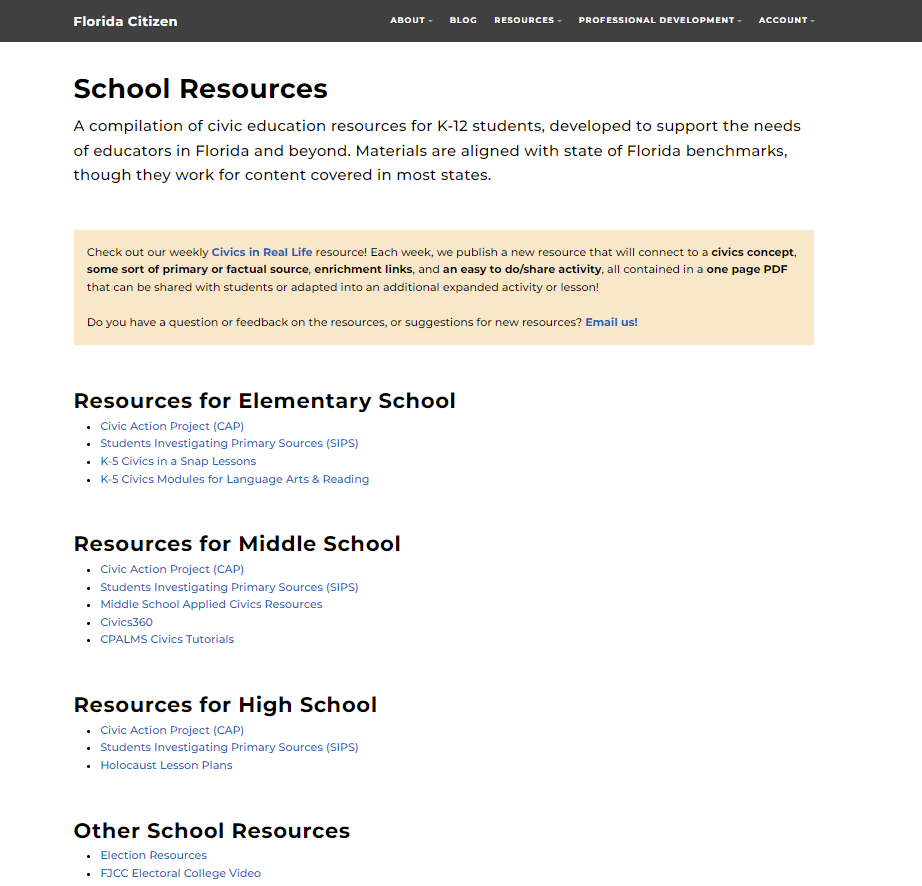The social media and news sources that I follow are full of strong statements about masking rules, vaccine mandates, school closings and other pandemic policies. Some people argue that proponents of loose policies are callous, scientifically ignorant, or even racist because morbidity and mortality rates have been disproportionately high among people of color. Others argue that mandates reflect the arrogance of elites or the creeping power of state bureaucracies. On that side of the argument are some libertarians who would usually be placed on the right, but also some leftist thinkers who are skeptical of science and state power, in the tradition of Horkheimer & Adorno, Michel Foucault, Bruno Latour, Giorgio Agamben, et al. There is also a partisan layer in this debate, with caution about the pandemic being coded as Democratic, and skepticism about its seriousness as Republican.
I rarely depict “both sides” in US politics as equally extreme and polarized. I generally believe that the left wing of the Democratic party represents valid perspectives within a constitutional order while the Trumpian right presents a threat to that order. Still, a recent survey finds, “Nearly half (48%) of Democratic voters think federal and state governments should be able to fine or imprison individuals who publicly question the efficacy of the existing COVID-19 vaccines on social media, television, radio, or in online or digital publications.” This statistic comes from a right-leaning pollster. I don’t have any reason to doubt the concrete result, but I would have investigated possible intolerance on the other side of the debate as well. I would guess that significant numbers of respondents would support locking up school boards that mandate masks and prosecuting Dr. Fauci. Meanwhile, some serious writers on both sides reject the legitimacy of disagreement and use opposing arguments about COVID-19 as evidence that our whole political system is fundamentally broken.
Our system may indeed be close to breaking down, but not because individuals have the temerity to disagree about COVID-19 policies.
A caveat: it is not clear that the real debate is as hot, personalized, and divided as my media feed suggests. Twitter attracts controversialists with strong, ideological perspectives, whereas many Americans are apolitical. The news media covers controversy and gives little attention to routine decision-making. Outrageous threats at a school board meeting can attract national attention while a boring agreement will draw low-key local coverage, at most. However, there are plenty of serious people who publicly deny the legitimacy of disagreement about COVID-19, and they require a response.
I would start with a general view of politics. All types and layers of governments and other institutions–including firms–constantly make grave decisions. They imprison people, fire them, and give or deny them crucial services. Even routine decisions, such as zoning regulations or the development of new products, can profoundly affect people’s welfare. Although some decisions are simply good or bad, many are debatable. They have both winners and losers, they involve conflicting values, and their consequences are unpredictable. Nor is it safe to do nothing, for that can sometimes be a harmful failure.
Americans don’t particularly like disagreement, especially when it involves conflicts of principle and identity under conditions of uncertainty. Therefore, we place many consequential decisions out of view. For instance, we have dramatically reduced the number of jury trials (which require regular citizens to make choices) in favor of plea-bargaining. And decisions about matters like zoning are made in forums that draw very little attention.
COVID-19 has forced such decisions into the open. Like other issues, it involves conflicting values and interests under uncertain conditions. Yes, vaccines are highly effective and safe, and critics do themselves no credit when they doubt such findings. A large, randomized, double-blind experiment with a mass-produced chemical product presents an exceptional opportunity to resolve empirical uncertainty. However, there is plenty of room for doubt about the empirics of other matters, such as school closings and masks, and even about mandates for vaccines.
Indeed, the evidence about the effects of policies on the pandemic is murky. You can tell it’s confusing just by glancing at the ten states with the highest per capita cumulative death rates so far, which include Mississippi and Oklahoma but also New Jersey and New York. (Among the best-off so far: Utah and Nebraska as well as Vermont and Hawaii.) Of course, one should control for factors other than state policies. A typical study that uses controls finds small effects: e.g., mask mandates reduce the growth of cases by 2 percentage points. I think that finding counts in favor of a mask mandate, but with many caveats; it certainly does not neutralize all concerns or close the case. For one thing, the virus itself keeps changing, as do other circumstances, such as the percentage of people with immunity. Also, the pandemic has rolled out in regional waves, which means that the same methodology will yield different results depending on when the study is conducted. We won’t have a clear picture until it is clearly over.
If you believe in democracy, you should be glad that people can influence public decisions. If you believe in pluralism or polycentricity, you should be glad that there are many different forums for decision-making: federal, state, and local governments; executive, legislative, and judicial bodies; corporations and nonprofit institutions; professional and scientific bodies; and transnational organizations. You should see disagreement as evidence of liberty, diversity, and participation.
But you won’t get the policies you want. If you’re fortunate, you may be aligned with public opinion and the decision-makers in your own community. Then you will appreciate local policies and will probably observe reasonably high levels of voluntary compliance. However, in a polycentric world, you will not see the policies you support enacted or obeyed everywhere else. Communities will vary. Yet the policies adopted in other places may affect you. So the variation will be frustrating and even angering.
People are entitled to strong views and emotions, including anger. But it is important to distinguish process from outcomes. State and local governments in the US may decide whether to require masks or not. Some decisions may be wiser than others, but the unwise ones are still legitimate. If some people have to wear mask when they don’t believe in them–or attend schools where masks are absent even though they do believe in them–that is democracy at work. The health risks may be serious, but governments constantly make decisions that affect health, and even life. People walking around in mandatory masks are not serfs to a tyrannical state, but communities that have eschewed masks are not idiotic. We disagree. Decisions must be made. It is good that we the people can make them.
Here are some tips to consider:
- Don’t threaten or bully individuals. Certainly, do not try to jail them for their opinions.
- Obey politically legitimate policies even if you disagree with them unless they violate your core principles, but be careful about mistaking your opinions for sacred principles. Usually, decisions require some to compromise what we want and believe.
- If you are on the winning side, acknowledge that the losing side is being asked to sacrifice.
- Protect others’ freedom of speech, not only from censorship but also from the tyranny of majority opinion.
- Pay attention to equity and structural forms of injustice, but don’t assume that you know what people believe (or what is good for them) based on their demographics.
- To address scientific issues, look for the most recent and rigorous scientific publications. Googling around for opinions is not “research.” On the other hand, do not overstate the policy significance of specific scientific papers, and do not use empirical findings to squelch normative disagreements. For instance, if mask mandates reduce the spread of COVID-19, it does not automatically follow that a state’s governor should require masks in all public schools.
- Hold onto your general political and philosophical views (if you wish), but don’t use the pandemic as an opportunity to score debating points on behalf of your philosophy. We should be trying to do the right thing here and now. Besides, the current pandemic may prove more of an exception than a proof-point for several leading ideologies. Libertarians should recognize that libertarian thinkers have often endorsed restrictions during epidemics. Critics of mainstream science should acknowledge the enormous value of the corporate-produced vaccines. Progressives (like me) should ask why well-funded public scientific agencies have performed so poorly in several respects.
- Keep an eye open for arguments and evidence that trouble your own assumptions, but don’t give up on trying to decide what’s really best to do under the circumstances, with the evidence that we have at hand.
See also: collected posts on the COVID-19 pandemic, and in particular, vaccination, masking, political polarization, and the authority of science; why protect civil liberties in a pandemic?; and theorizing democracy in a pandemic.







